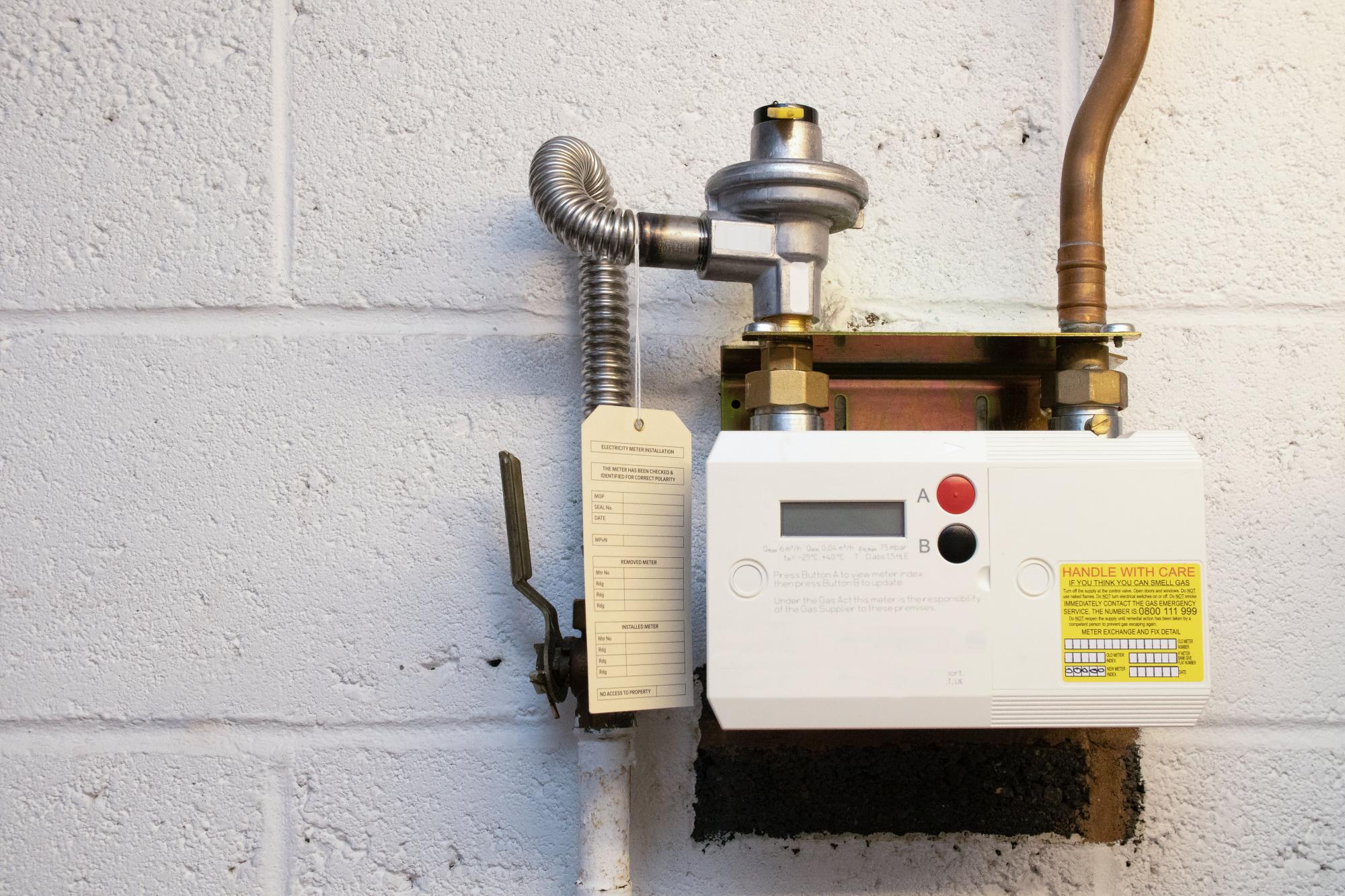Test- FTSE 100 Kicks Off August on a High as BP and Senior Lead Market Momentum
$11
10 Oct 2025, 13:13

Unsplash.com

Experts are beginning to look ahead to Christmas 2023, as Europe has kept the lights on throughout the holiday season despite an energy crisis that has plagued the continent for more than a year.
While systems are focused on ensuring there is enough gas and power to feed houses in the coming months, experts are already afraid that the same problems may reoccur, and perhaps worsen next winter. The present gas crisis may have many longer-term consequences. One of the UK's most reputable energy consultants warned in December that gas prices may remain high until the end of the decade.
It comes at a time where people in Britain are having to spend more money than ever before to keep their homes warm this winter. The same is true for most European countries, where gas and electricity costs have skyrocketed in the previous year and a half.
Experts believe that how cold January, February, and March are will have a significant impact on the continent's predicament next winter.
If the weather is unusually mild, individuals will use less gas to heat their houses, leaving European gas storage facilities with higher supplies when winter concludes.
Even without Russian gas, this would make it easier for the continent to refill its reserves throughout the summer.
According to Martin Young, a senior analyst at Investec, a bit more wind power will be brought online before next winter, which will assist with electricity supplies. Though, certain coal and nuclear power plants remain questionable.
The government reached an agreement with decommissioned coal power stations to keep them operational this winter if necessary. This has not yet been necessary, but ministers may choose to prolong it into next winter.
"My initial opinion is that we won't see significant changes on the supply side in the UK; it will ultimately rely on where we exit winter in the larger European environment," he added.
Despite the fact that supplies from Russia were running low last summer, some gas was still trickling through, allowing Europeans to save it for a rainy day.
The pipelines that connect Russia to Europe are expected to be almost completely shut down next summer.
As a result, much of the gas transported to the continent will have to be carried in by ship from the United States, Qatar, and other countries.
Though, there are a limited number of LNG tankers around the globe, as well as a restricted number of ports in Europe where they may dock.
Furthermore, in a bid to deliver more of this gas - which is cooled to roughly -160 degrees Celsius to make it liquid so it can be stored and transported more readily - to European coastlines, new terminal projects have sprouted up or been accelerated in recent months.
Germany launched its first LNG facility in December, indicating a significant shift in energy policy from a country that had previously relied largely on Russian gas supplies.
In Germany, two more LNG terminals are scheduled to open next year.
The United Kingdom, Spain, and Portugal have the largest LNG import capacity in Europe, allowing them to access worldwide markets. However, because the Iberian Peninsula lacks major gas pipelines connecting it to the rest of Europe, the Spanish terminals are less valuable to its neighbours.
Despite the recent reopening of an abandoned old gas storage site by Centrica, the UK has relatively few facilities to store the LNG that it will import this summer.
Due to this, much of the gas entering UK ports will be promptly re-exported to Europe, notably the Netherlands, where it will be pumped into underground storage sites in preparation for winter.
Gas from Norway and the United Kingdom's gas fields will also help to refill Europe's reserves during the summer months when homes and companies consume less gas.
However, while LNG can provide a partial answer to Europe's gas supply, it cannot reduce gas prices to where they were previously. LNG is already a costly mode of transportation for natural gas since it requires a lot of energy and expensive equipment to get and maintain it cold enough for ships.
Because LNG ships may sail anywhere they choose, Europe will have to outbid purchasers all around the world to acquire the crucial gas it requires.
As a result, by becoming dependent on LNG ships for its gas requirements, Europe will lock in years of higher costs.
(Bloomberg.com, bbcnews.co.uk)